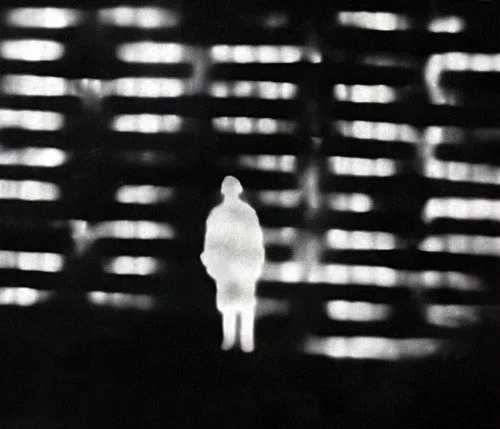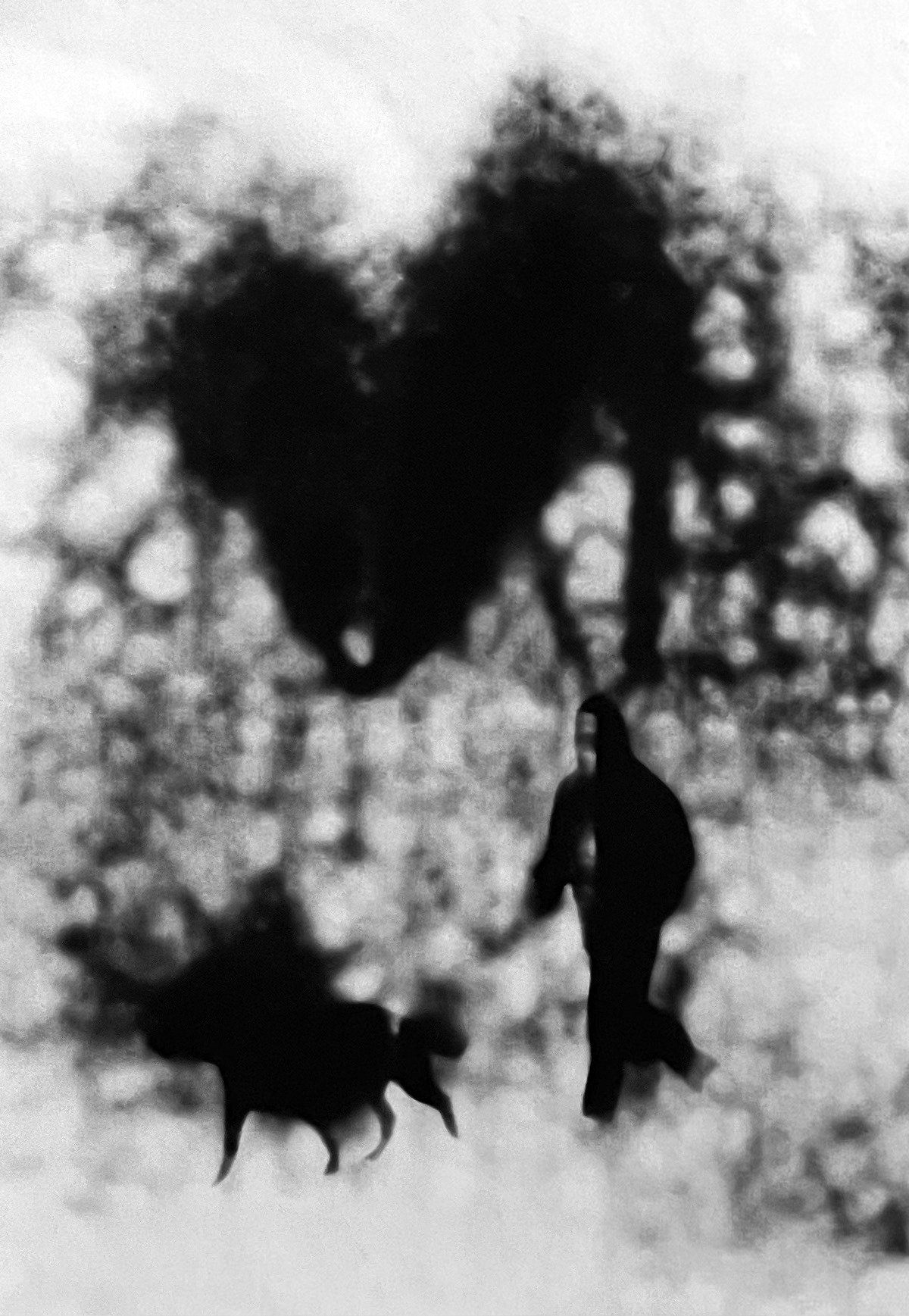Lately Thoreau’s disillusionment occupies my thoughts.
His neighbours rejected nature and her solitary life in favour of the city and the company of citizens. This brought about a shift in the perception of the self. As Rousseau put it, the savage lived within himself, whereas the citizen knows only how to live in the opinion of others.
We - in turn - have rejected the city for a virtual world; self- and worldview remain reflections of outside opinion, yet we are more alone, and genuine interaction is ever harder. Philosophy of life aside, one consequence has been an incremental increase in the difficulty of producing worthwhile art. Perhaps because art is a reproduction of the very lives we deny to fully live.
Most nights before sleeping I lay supine on my mattress counting how much I’ve missed staring at my mobile phone. It’s a depressing amount, as attested by my eyes and nape which wail in pain. Sooner or later fatigue overwhelms, wishful promises are whispered, and four tired eyelids kiss each other goodnight… tomorrow will be different, I need to rid myself of the bastard phone.
Change in one’s habits presupposes a reason.
Thoreau wanted to live deep and put to rout all that was not life. B&A readers - myself included - might fancy ourselves writers, photographers, poets, or playwrights; whichever it may be, most of us have an interest in reclaiming our artistic expression. Whatever the goal, the method remains the same: lending undivided attention to our first-person experience.


